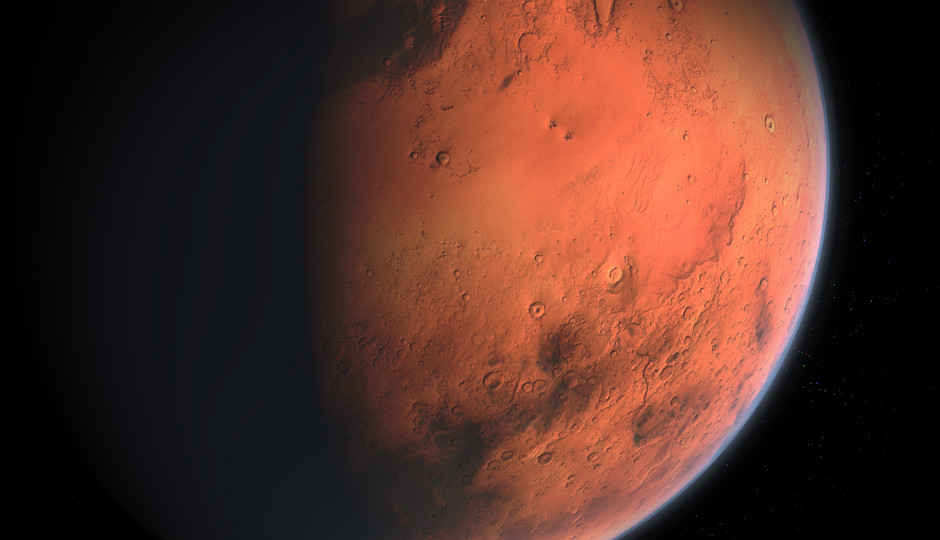 You want to go to Mars. I want to go to Mars. We all want to go to Mars. But NASA wants to make it clear that there are five critical hazards astronauts bound for Mars could encounter. These hazards are being studied using ground-based analogues, laboratories, and the International Space Station (ISS), which serves as a test bed to evaluate human performance and counter-measures required for the exploration of space, said NASA in a statement. According to NASA’s Human Research Program, the hazards are divided into five classifications: radiation, isolation, distance, gravity fields, and hostile or closed environments. “Various research platforms give NASA valuable insight into how the human body and mind might respond during extended forays into space. The resulting data, technology and methods developed serve as valuable knowledge to extrapolate to multi-year interplanetary missions,” commented NASA researchers. Radiation is the stealthiest and the most difficult to visualise because it is invisible to the human eye. According to NASA, behavioral issues among groups of people crammed in a small space over a long period of time is inevitable, no matter how well trained the astronauts are. The space agency said crews would be carefully chosen, trained, and supported to ensure they can work effectively for long periods of time. Distance is perhaps the most obvious hazard. On average, Mars is 225 million kilometres (140 million miles) from our planet. As opposed to a trip to the Moon, which takes only three days to complete, a voyage to the Red Planet is a three-year affair. On Mars, astronauts would need to live and work in three-eighths of the Earth’s gravitational force for up to two years. NASA realises the importance of a suitable vehicular ecosystem for everyday astronaut life. Important habitability factors include temperature, pressure, lighting, noise, and quantity of space. It's essential that astronauts are getting the requisite food, sleep and exercise needed to stay healthy and happy, the statement from NASA noted.
You want to go to Mars. I want to go to Mars. We all want to go to Mars. But NASA wants to make it clear that there are five critical hazards astronauts bound for Mars could encounter. These hazards are being studied using ground-based analogues, laboratories, and the International Space Station (ISS), which serves as a test bed to evaluate human performance and counter-measures required for the exploration of space, said NASA in a statement. According to NASA’s Human Research Program, the hazards are divided into five classifications: radiation, isolation, distance, gravity fields, and hostile or closed environments. “Various research platforms give NASA valuable insight into how the human body and mind might respond during extended forays into space. The resulting data, technology and methods developed serve as valuable knowledge to extrapolate to multi-year interplanetary missions,” commented NASA researchers. Radiation is the stealthiest and the most difficult to visualise because it is invisible to the human eye. According to NASA, behavioral issues among groups of people crammed in a small space over a long period of time is inevitable, no matter how well trained the astronauts are. The space agency said crews would be carefully chosen, trained, and supported to ensure they can work effectively for long periods of time. Distance is perhaps the most obvious hazard. On average, Mars is 225 million kilometres (140 million miles) from our planet. As opposed to a trip to the Moon, which takes only three days to complete, a voyage to the Red Planet is a three-year affair. On Mars, astronauts would need to live and work in three-eighths of the Earth’s gravitational force for up to two years. NASA realises the importance of a suitable vehicular ecosystem for everyday astronaut life. Important habitability factors include temperature, pressure, lighting, noise, and quantity of space. It's essential that astronauts are getting the requisite food, sleep and exercise needed to stay healthy and happy, the statement from NASA noted.from Latest Technology News https://ift.tt/2MmSFXt









